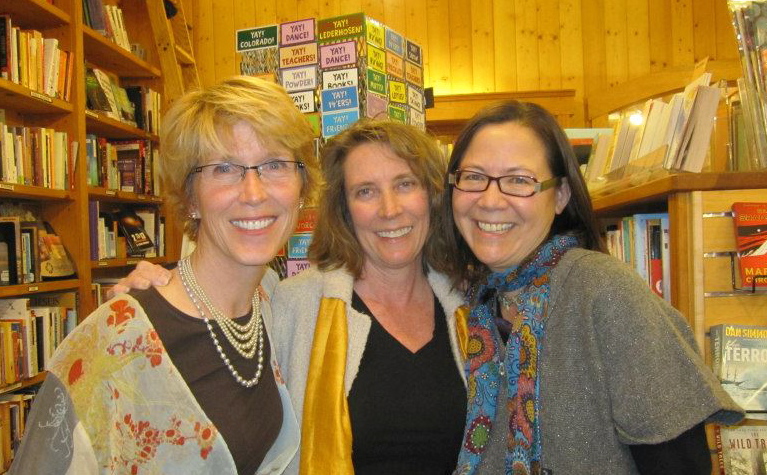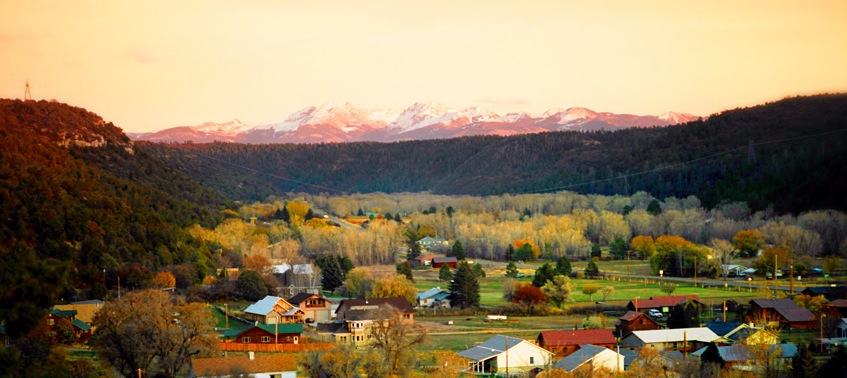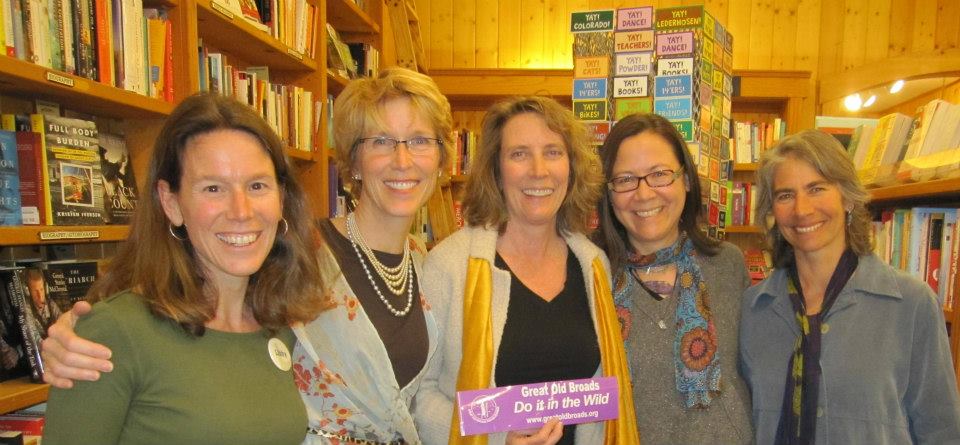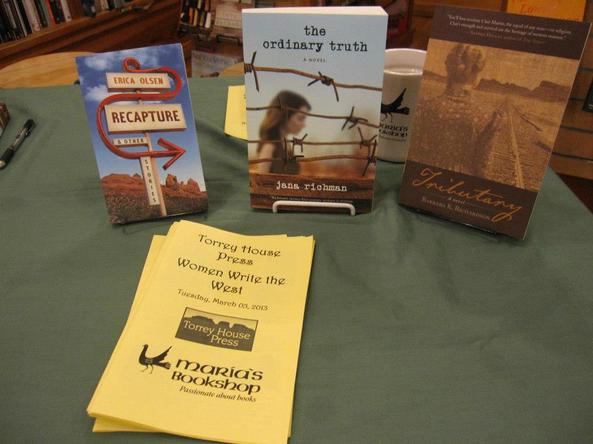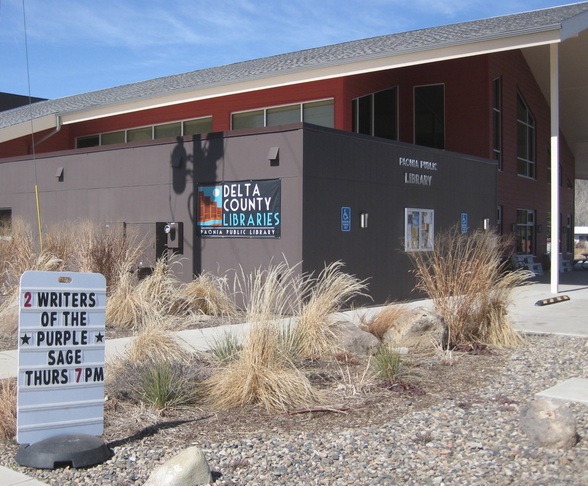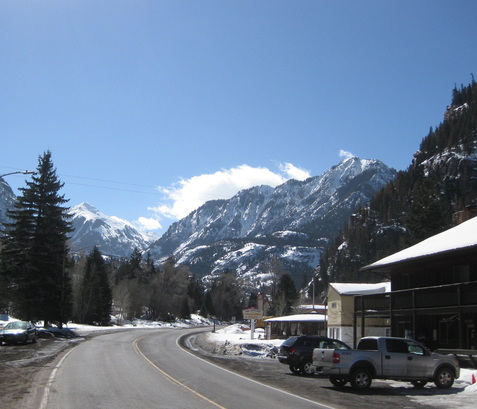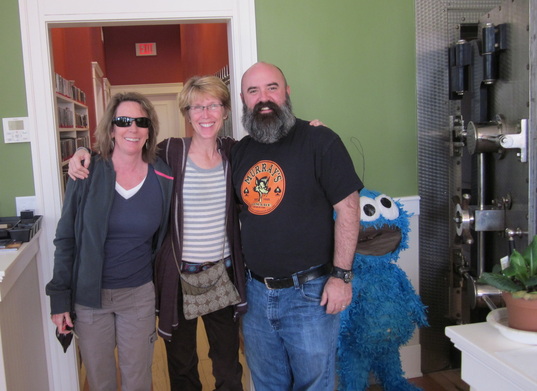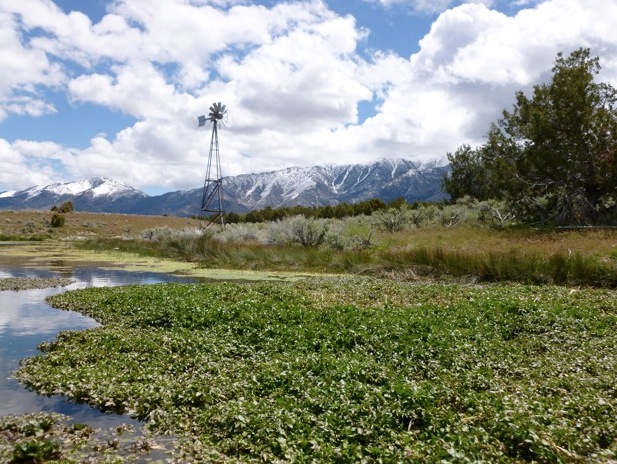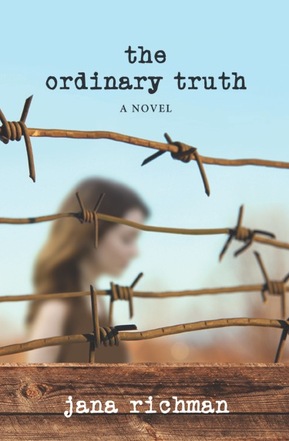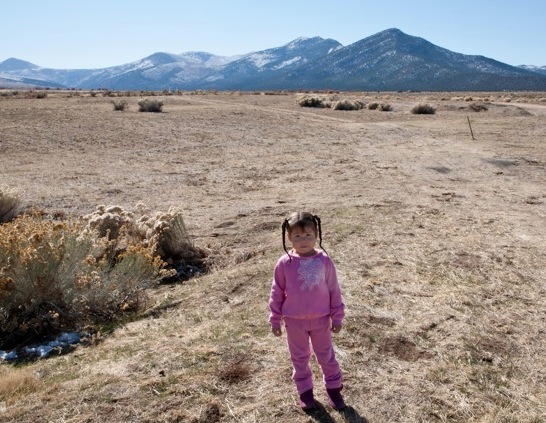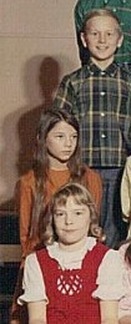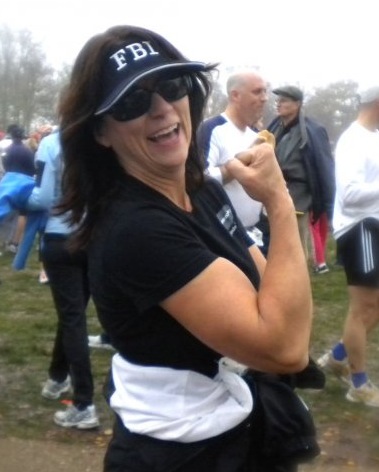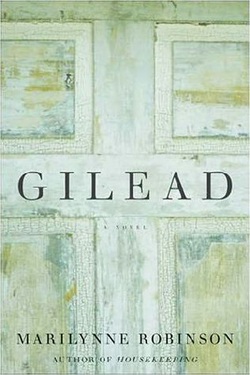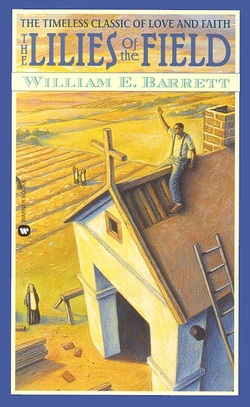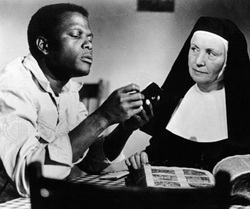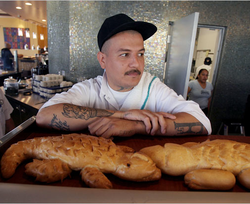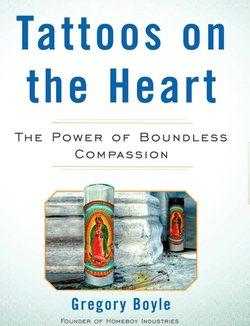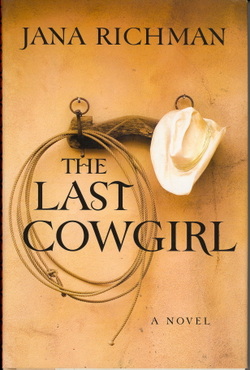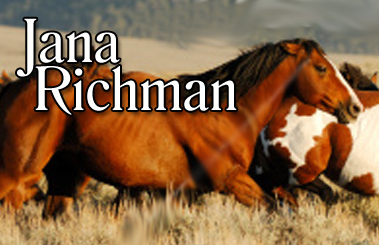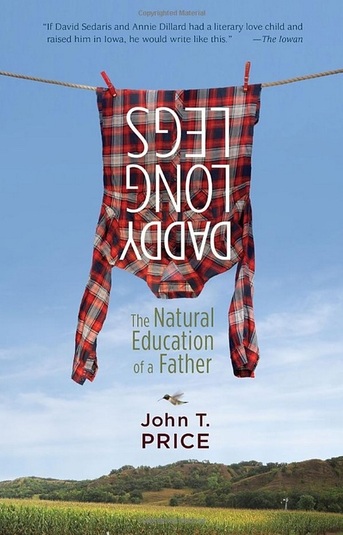
You will also meet Steph, John's tolerant, positive wife and the mother of his two rambunctious nature-loving boys. You will never meet the novel John is never working on, due to teaching creative writing, repairing an old house with too many levels of decay, resisting doctor's visits (who needs the bad news?), and wondering why he feels so cut off from life (AKA exhausted) when daily his boys deliver muddy earthworms to his bed, shout at him to save every praying mantis in every Walgreens parking lot, declare a no-kill zone around their entire neighborhood (mosquitoes included?) and radiate so much joie de vivre in their buck naked red rubber boot clad explorations of John's back yard you want to lie down with him for a good long nap.
But no, the next chapter brings new pleasures. New views on family life that make you say "oh, yeah, that's it!" Price's memoir is realism that redeems. And we could use some redemption, these days, help pulling our heads out of our own sorrows. If you've never had kids, there is the added bonus of gaining access to the adorable and maddening and crazy-great things toddlers say and do. I loved sharing the insider's view. (And not cleaning up any messes!)
I met John Price at a literary conference in Kansas, and then heard him read in Denver. That's where I met Baby. And Pengy, his nemesis. And Gramma K. and her grouchy chihuahua. Do yourself and your dad and your best friends a favor—read this charming book and pass it along. Reading Daddy Long Legs felt like a huge nudge to pay attention to wonder and kindness and the release of self-interest. To join the family.
But watch out for Baby—that blue velvet schemer has Pengy in his sights!

